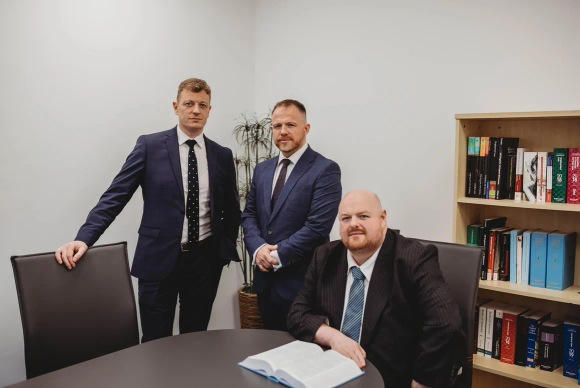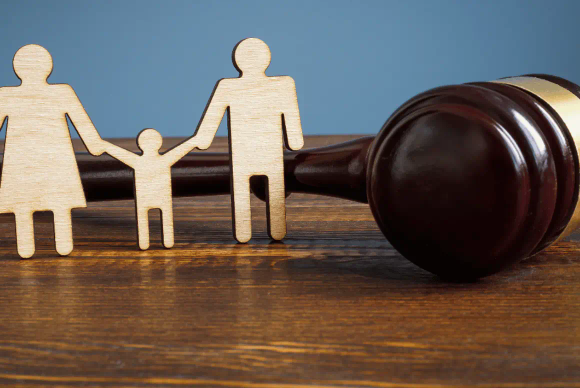Can Social Services Take Away My Child Without Evidence?
No, social services cannot take away your child without evidence. They must demonstrate to the court that the child is at risk of significant harm due to neglect, abuse, or other factors. This is known as the threshold criteria, which is part of the Children Act 1989.
Before care proceedings begin, social services will investigate concerns and attempt to work with families to resolve issues. In emergency situations, they may apply for an Emergency Protection Order (EPO) or involve the police to temporarily remove a child, but this must still be supported by evidence and approved by the court.
If you’re facing this situation, it’s essential to seek advice from experienced child care proceedings solicitors. They can review the evidence and ensure your rights are protected.
Is There a Time Limit for Care Proceedings?
Yes, care proceedings are subject to a time limit. According to legal guidelines, cases should be resolved within 26 weeks from the date they are issued. This time frame ensures decisions about a child’s welfare are made as quickly as possible.
However, the court may extend this limit in complex cases where more time is needed to gather evidence or complete assessments. An experienced care proceedings solicitor can help you understand the timeline for your specific case and ensure all necessary steps are taken within the required period.
How Do I Find the Best Care Proceedings Solicitor Near Me?
Finding the best care proceedings solicitor involves researching firms with expertise in family law and child protection cases. Here are some tips:
- Look for Specialisation: Choose solicitors who specialise in care proceedings and child welfare cases.
- Check Reviews and Testimonials: Look for feedback from previous clients to gauge their experience.
- Seek Recommendations: Ask friends, family, or professionals for recommendations.
- Schedule a Consultation: Speak to a solicitor to assess their approach and expertise.
At McGee McGee Agar Law, our child care proceedings solicitors combine legal expertise with a compassionate, client-focused approach. Contact us today to discuss your case.
What Is Final Evidence in Care Proceedings?
Final evidence refers to the reports and documents presented to the court before the final hearing in care proceedings. This evidence helps the judge make an informed decision about the child’s future. It typically includes:
- Assessments from social workers, guardians, and independent experts.
- Statements from parents, carers, or other family members.
- Medical, psychological, or educational reports, if applicable.
Final evidence is crucial because it provides a complete picture of the child’s circumstances and needs. Care proceedings solicitors can help parents ensure their perspective is accurately represented in this stage of the case.
What Is the Difference Between PLO and Care Proceedings?
The Public Law Outline (PLO) process and care proceedings are related but distinct stages in addressing child welfare concerns:
- PLO: This is a pre-court process where the local authority works with families to address concerns without starting formal care proceedings. Parents are invited to a PLO meeting to discuss issues and agree on a plan of action.
- Care Proceedings: If the issues cannot be resolved through the PLO process, the local authority may apply to the court to begin care proceedings. This formal process involves hearings, evidence, and a decision by the court regarding the child’s care.
Both stages aim to protect the child, but care proceedings involve the court making binding decisions, while the PLO stage focuses on collaboration and resolution.
Contact Us for Expert Advice
If you’re facing care proceedings, don’t go through it alone. At McGee McGee Agar Law, our experienced care proceedings solicitors are here to provide you with the guidance and support you need during this challenging time.
We understand how overwhelming care proceedings can feel, and we’re dedicated to protecting your rights and advocating for your family’s best interests. Whether you need help understanding the process, responding to the local authority, or representing your case in court, our team is here to help. Contact us for a confidential consultation to discuss your case.






